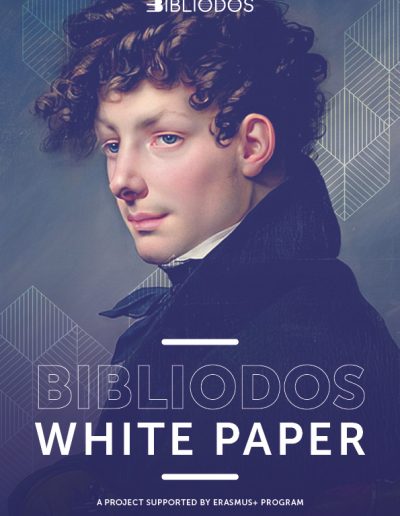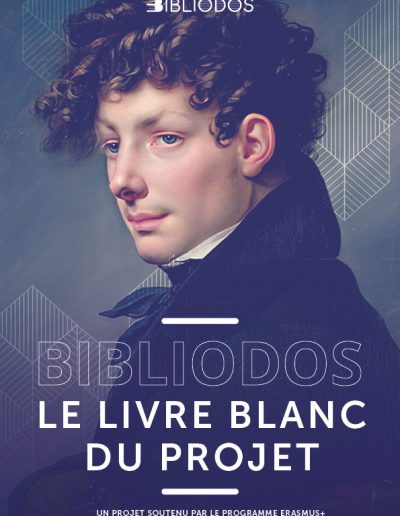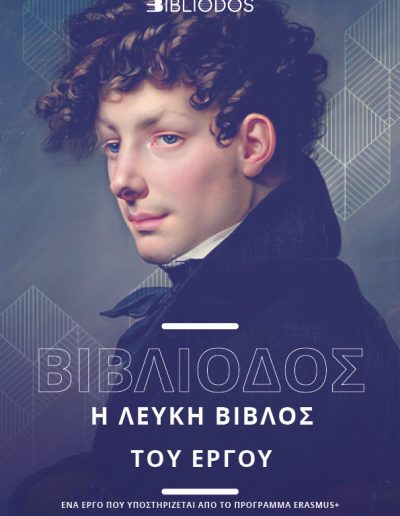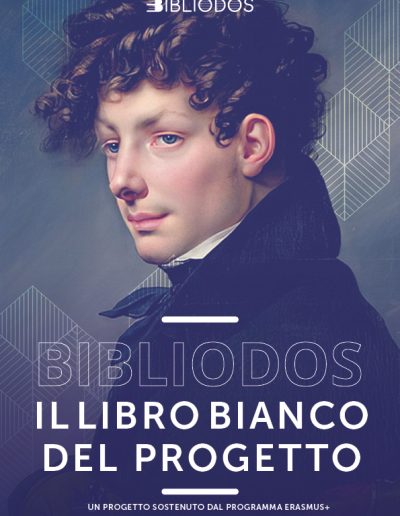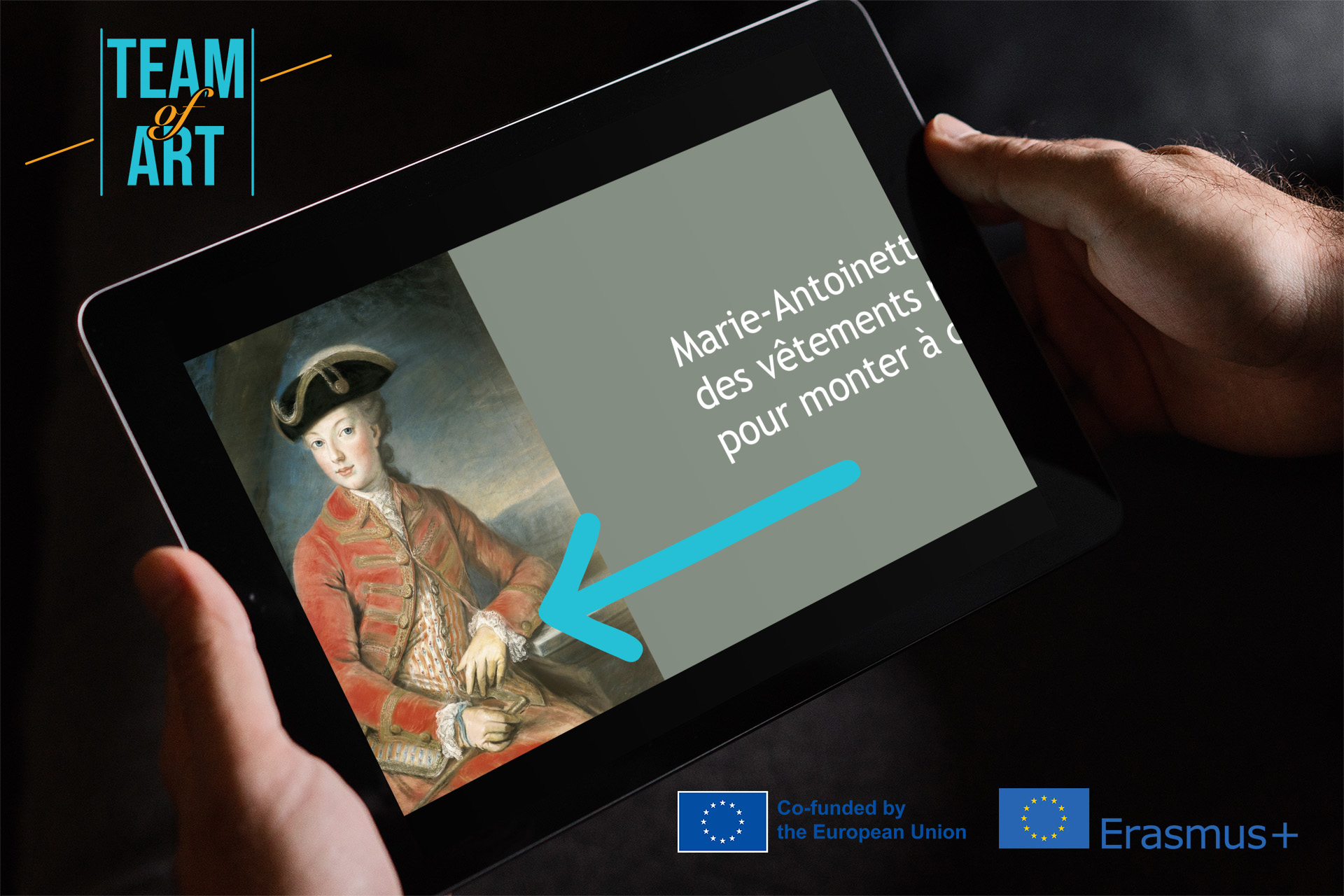The Project
Across Europe, language training organisations are now welcoming migrants who have not, or have had little or no schooling in their home countries. They learn to read and write during adulthood in the language of their host country… This involves to be able to take many hours of training to acquire these key skills.
Bibliodos (project 2020-2021) aims to propose a first offer of adapted reading, by associating the learning of a language with the promotion of European literature and heritage. This offer is meant to be universal, in the sense that we build it so that it is accessible to people with little access to the written word (migrants and adults with little schooling: qualified, persons with disabilities or learning disabilities).
The future collection will be made up of tailor-made readings :
- animated illustrated ebooks, with different reading levels
- audio books for the visually impaired
- books adapted in international sign
In order for trainers to be able to make these ebooks their own, which are designed in particular for people with little or no previous experience in the field, and that they can integrate them into their training programmes, we will make available the associated pedagogical files.
In addition, this project aims to provide a platform that will allow the creation of ebooks in the framework of educational projects.
This project brings together 6 European partners:
- Les Apprimeurs (coordinator), a French digital agency specialized in the implementation of innovative solutions promoting access to fundamental knowledge
- Langues Plurielles, a French language training organisation working in particular with Asylum seekers and refugees with little schooling
- The Institute for the Deaf in Turin, working, among others, with deaf migrants
- Citizens in Power, a Cypriot association working with migrants
- MYARTIST, Greek association working with migrants and homeless people
- LogoPsyCom, Belgian company specialized in learning disabilities
Bibliodos is funded by the Erasmus+ programme.
All content produced during the project will be freely accessible.
Project Number: 2019-1-FR01-KA204-063101
You will find more information about the project in our white paper available in 4 languages.
